Mr Prime Minister, on Sunday there will be two elections, one for local governments and one for the European Parliament, but the campaign of the governing parties is all about war. Although there are other important issues, why are you giving this such a high priority?
Elections are always about two things. The first is to elect good leaders. The only question is: who is a good leader. Because a fair-weather good leader is not necessarily as good in a storm. So the second thing is to find the right personality. In other words, we need to know what we are seeking the leader for, or what lies ahead. As by far the most important question is whether there will be a direct war between Russia and Europe, that is what we need to talk about now.
We need to elect leaders who can prevent Europe from being dragged into a war with Russia.
But this situation - the war in our neighborhood - has been raging for two years. Why has this become the main issue now?
The easiest way to answer this is to look at the position of the European great powers two years ago and where we stand now. Earlier, Germany said that they were only sending helmets and categorically rejected the shipping of weapons. Today, German-made tanks are darting around in Ukraine and there is talk of transferring air defense systems. Discussions today are about whether German soldiers should enter Ukrainian territory within the NATO framework. This is how we have gone from helmets to direct confrontation.
What is the reason for this?
Europe has botched the first step. We are not in any way responsible for this, because we stressed from the very first moment that the armed conflict between Russia and Ukraine must be isolated and that there must be negotiations on how to deal with the situation. But European leaders said that the war should be taken up in the international arena.
In other words, both Europe and America, and now NATO as well, must get behind Ukraine.
Even when this decision was made, it was clear that the logic of war would require Europe to become increasingly more closely involved in the war.
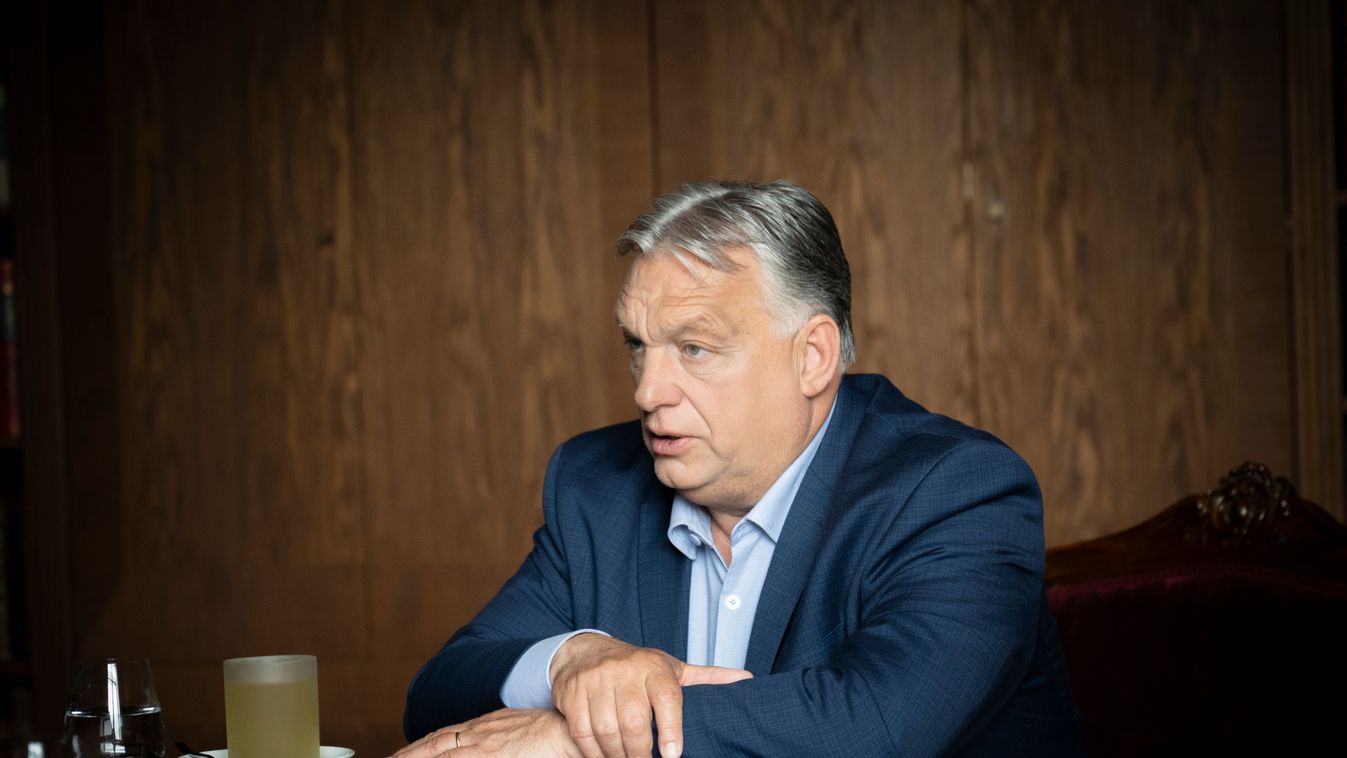
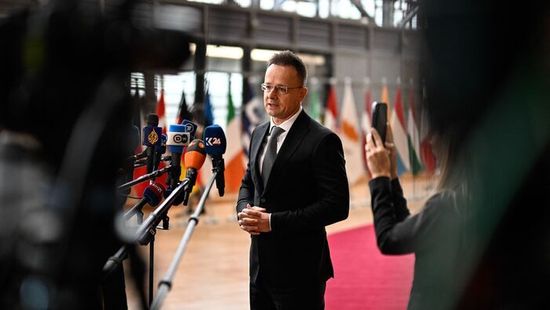
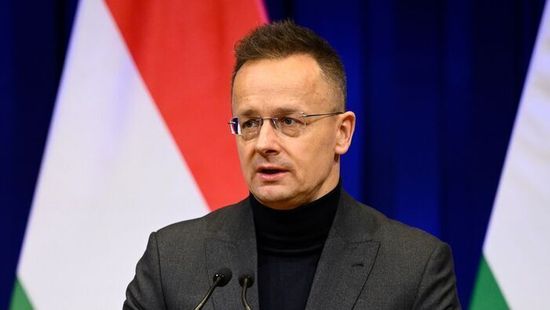

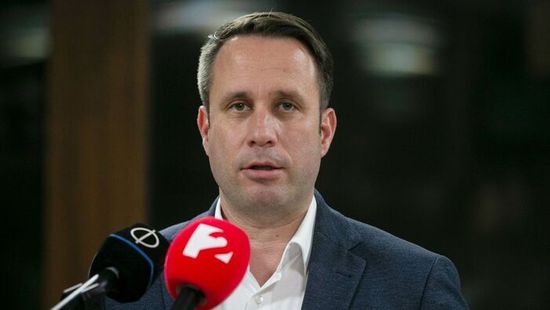

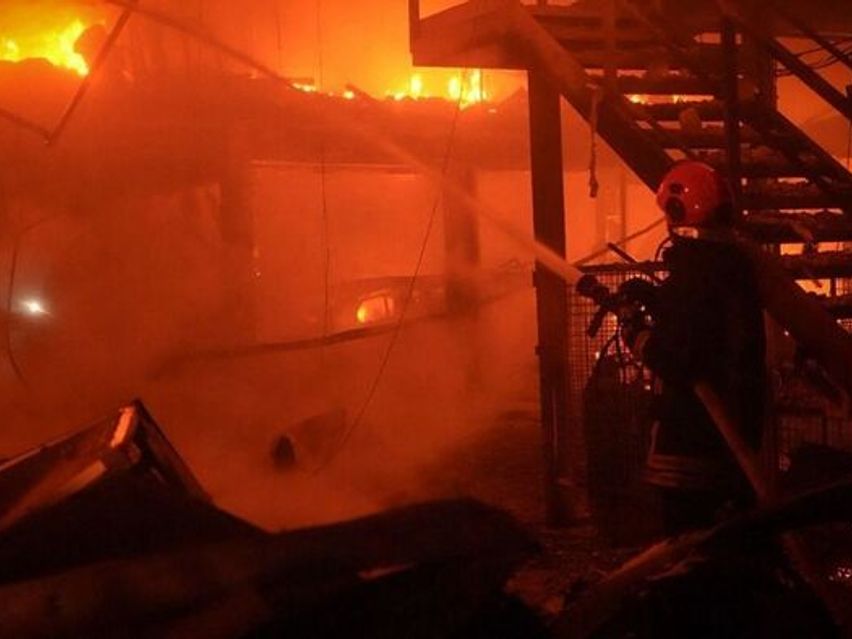

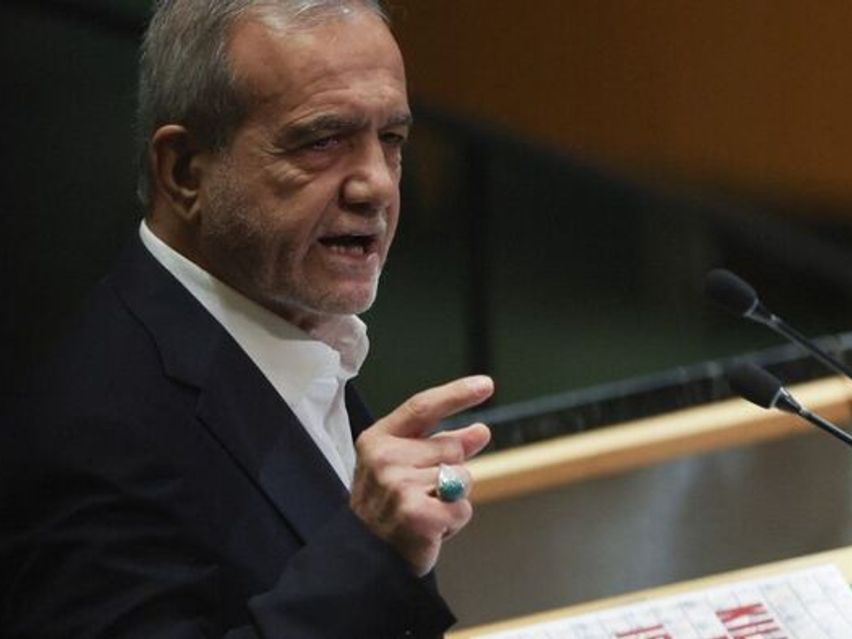
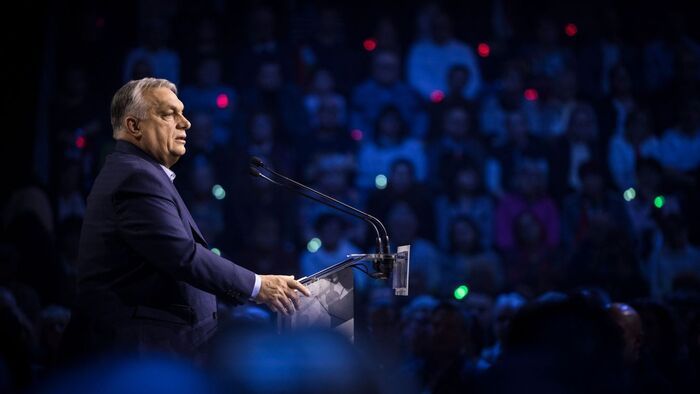


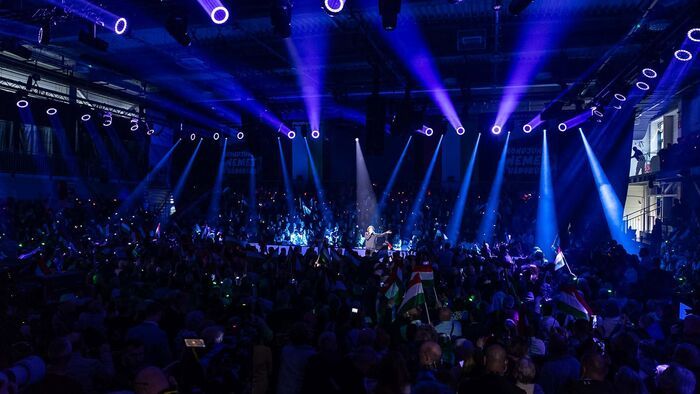

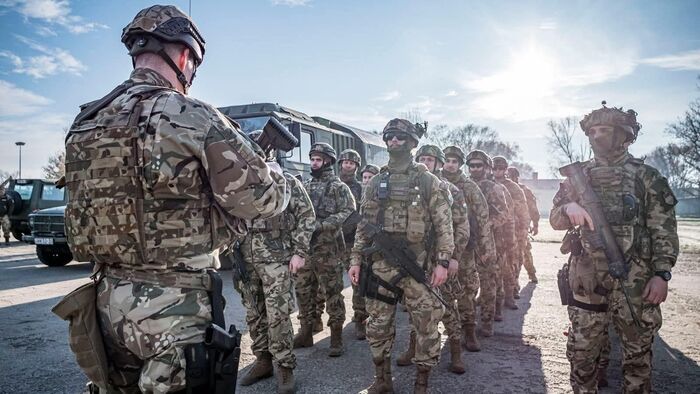




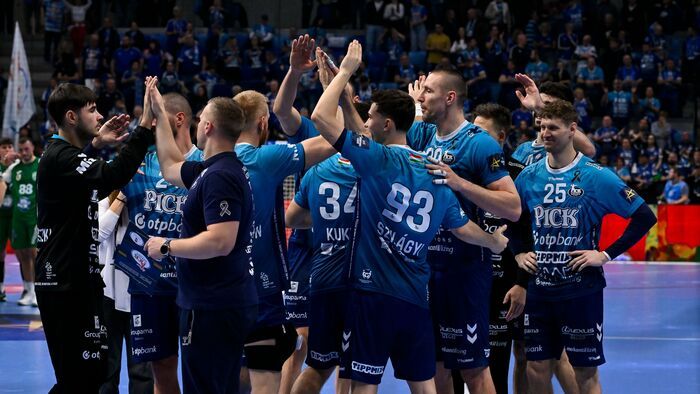



Szóljon hozzá!
Jelenleg csak a hozzászólások egy kis részét látja. Hozzászóláshoz és a további kommentek megtekintéséhez lépjen be, vagy regisztráljon!